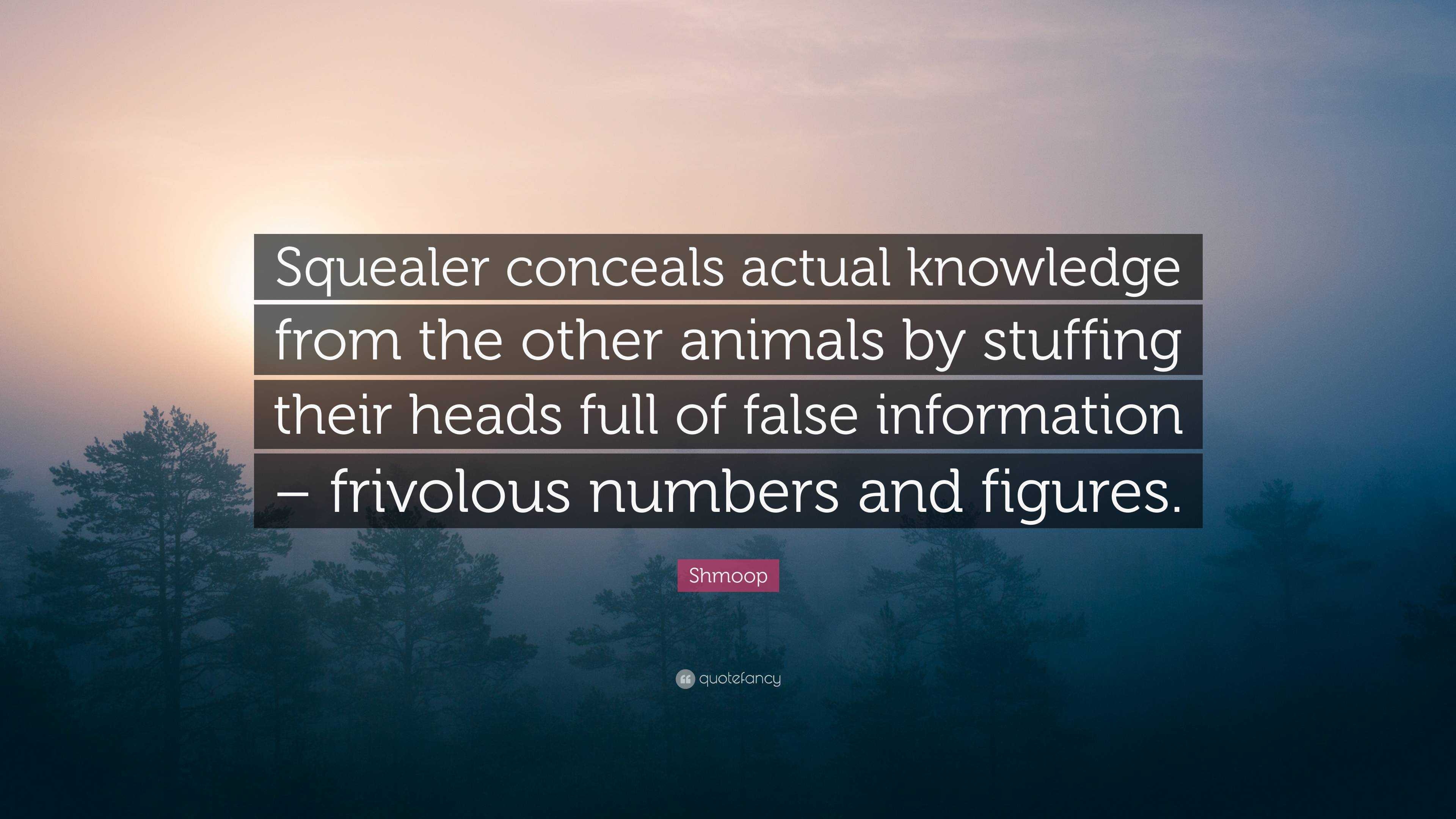Subpart G of FMCSA Part 382 —Requirements and Procedures for Implementation of the Commercial Driver’s License Drug and Alcohol Clearinghouse is a new section added in relation to the Commercial Driver’s License Drug and Alcohol Clearinghouse. Section 382.705 requires employers to report to the Clearinghouse by the close of the third business day following the date on which the employer obtains actual knowledge of use or actual use while FMCSA covered performing safety sensitive duties.
Actual knowledge is evidence that a driver has used alcohol or controlled substances while performing FMCSA safety sensitive duties. This is different from reasonable suspicion. With reasonable suspicion a trained supervisor is observing signs and symptoms. With actual knowledge there is specific evidence of use. The FMCSA definition of actual knowledge is as follows:

Actual knowledge for the purpose of subpart B of this part, means actual knowledge by an employer that a driver has used alcohol or controlled substances based on the employer’s direct observation of the employee, information provided by the driver’s previous employer(s), a traffic citation for driving a CMV while under the influence of alcohol or controlled substances or an employee’s admission of alcohol or controlled substance use, except as provided in §382.121. Direct observation as used in this definition means observation of alcohol or controlled substances use and does not include observation of employee behavior or physical characteristics sufficient to warrant reasonable suspicion testing under §382.307.
Actual Knowledge Real Estate
The exception above for §382.121 is for an employer who has a written employer-established voluntary self-identification program or policy. In this case self-admission allows the employee to rehabilitate without a violation and referral to a substance abuse professional (SAP).
What is not actual knowledge? Camera raw for mac free download.

• A DUI not on work time in a personal vehicle
Knowledge is knowing something. It is broken into two categories for legal purposes: constructive and actual. These are important concepts in tort actions. Actual knowledge is actually knowing something.
Actual Knowledge Versus Best Of Knowledge
- “Knowledge” means, (a) with respect to an individual, the actual knowledge of such individual and what such individual should have known after a reasonable investigation; and (b) with respect to a Person other than an individual, the actual knowledge of J. Stephen Cornwell, Richard D. Perrin, David V. Pesce, Christopher J. Raymond, Nicholas.
- Rejecting a standard of 'constructive knowledge,' the Supreme Court aligned with the majority of federal appellate courts that have addressed the issue, holding that the plain meaning of the three-year limitations period expressly requires 'actual knowledge' of a breach. The plaintiff in Sulyma was a participant in two employer 401(k) plans.
- 'Actual knowledge' means 'the plaintiff must in fact have become aware of that information.' A plaintiff does not have actual knowledge of information that s/he received but does not read or does not remember reading; knowledge must be more than hypothetical. The opinion also referred to the legal dictionary definition of 'actual knowledge.
- Thus, actual knowledge must be knowledge that is specific enough to allow a service provider to take action against specific infringing content.
• Report from a co-worker of use of alcohol or drugs
• Reasonable suspicion based on signs and symptoms


Examples of actual knowledge: Cloudera quickstart vm download for mac.
• Admission of use of drugs and alcohol when §382.121 does not apply
• DUI while operating commercial motor vehicle
• Direct observation of use of drugs or alcohol (drinking a beer or smoking a joint)
Once there is actual knowledge the employee must be removed from the safety sensitive position and must go through the return to duty process with a substance abuse professional (SAP) before returning to duty in any DOT safety sensitive position. This is an important responsibility of company supervisors and employer DER’s.
Any violation based on an employer’s actual knowledge of a driver’s drug or alcohol use, or a driver’s failure to appear for a drug or alcohol test after receiving proper notification, will require detailed, contemporaneous documentation in the Clearinghouse. When reporting actual knowledge, what information are employers required to report to the Clearinghouse:
• Driver’s name, date of birth, commercial driver’s license (CDL) number and State of issuance;
• Employer name, address, and USDOT number, if applicable;

• Date the employer obtained actual knowledge of the violation;
• Witnesses to the violation, if any, including contact information;
• Description of the violation;
• Evidence supporting each fact alleged in the description of the violation, which may include, but is not limited to, affidavits, photographs, video or audio recordings, employee statements (other than admissions pursuant to § 382.121), correspondence, or other documentation; and
• A certificate of service or other evidence showing that the employer provided the employee with all information reported.
ClearinghouseServices.com will be providing to its members a form to use when reporting actual knowledge to the Clearinghouse. This form will document supporting evidence and provide a certificate of service that the that the employer provided the employee with all information reported. If you have additional questions on actual knowledge, please e-mail – [email protected].
